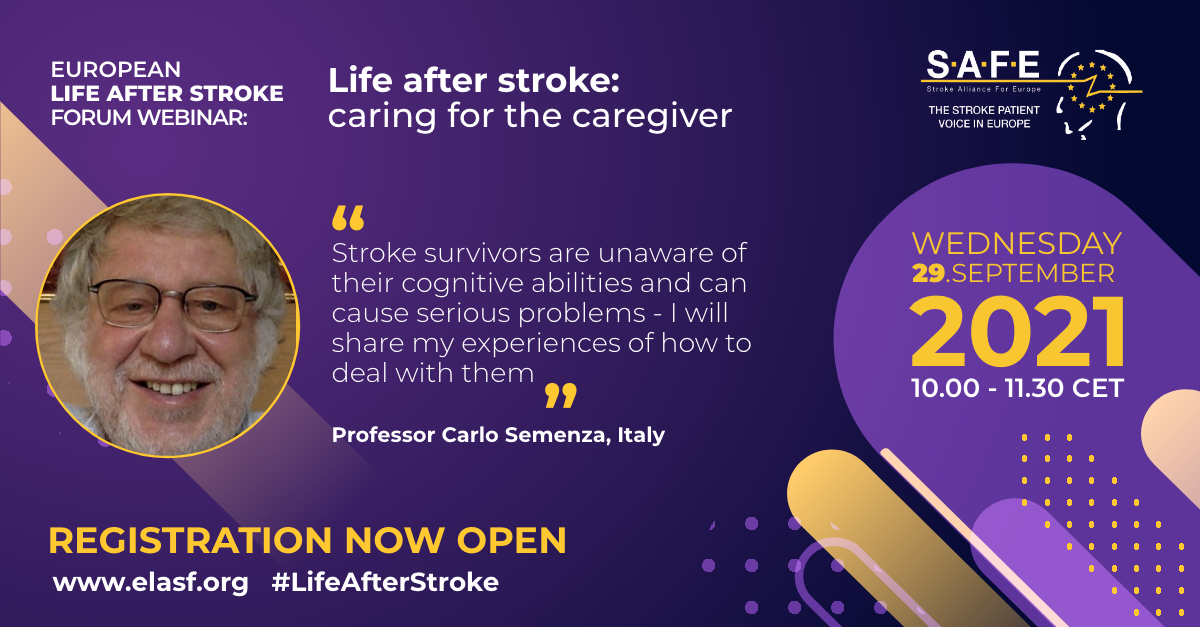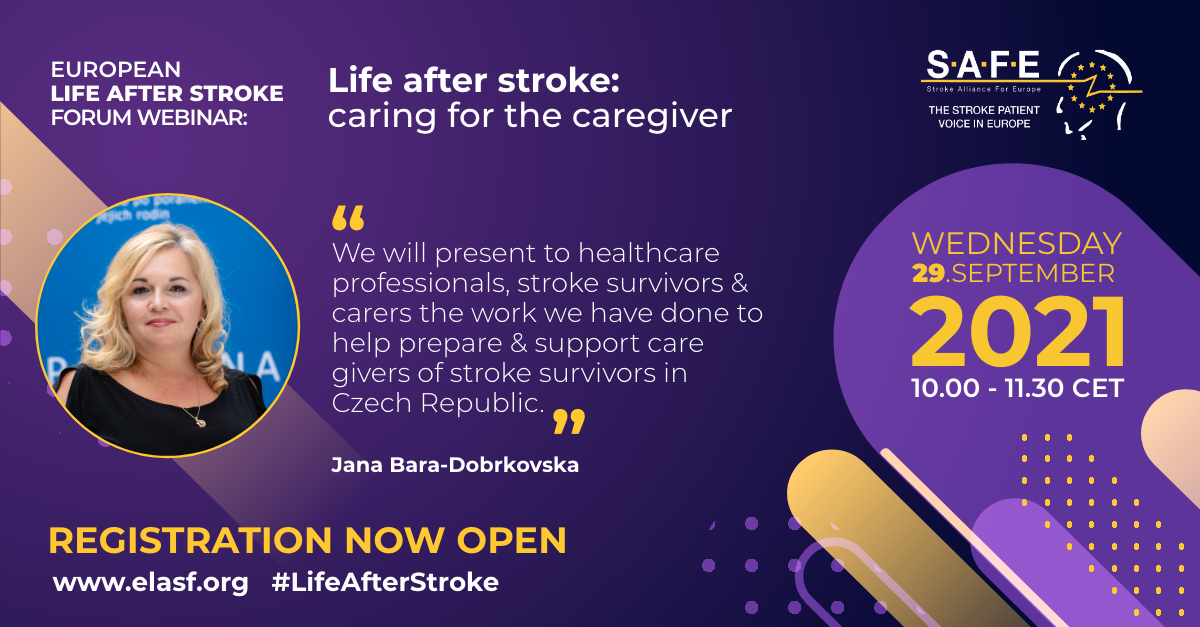
Sep 21, 2021
We are delighted to let you know that Jana Dobrkovská from stroke support organisation Cerebrum in the Czech Republic is our final speaker, joining Professor Carlo Semenza (Italy) and Dr Carla Pereira (Portugal) for our next Life After Stroke webinar on Caring for the Caregiver on Wednesday 29 September.
Book your free place here
And find out more about the programme here
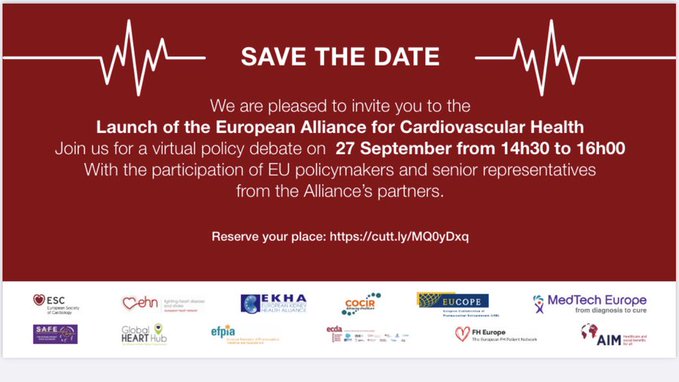
Sep 21, 2021
Organised by the European Heart Network and the European Society of Cardiologists – register for the webinar for free via this link.
If COVID-19 has learnt one lesson, is that there is an urgent need for more EU coordination on health. Diseases – whether they are infectious or not – do not stop at borders. Cardiovascular diseases remain the leading cause of death in Europe, and impact 60 million people every year.
Cardiovascular diseases will directly or indirectly impact all of us at some point in our lives. Impacting people of all ages, the diseases are not always preventable, as many conditions can be inherited, caused by other chronic conditions or their treatments, or others incur due to ageing. To improve the health and quality of life of people affected by these diseases, there is a need for more. More research, more investments, more innovation, more policy.
It’s time for the EU and Member States to act.
Join the founding organisations of the European Alliance for Cardiovascular Health, representatives of the European Commission, Member States and European Parliament for a virtual policy debate that will mark the launch of the Alliance and discuss policy actions to improve cardiovascular care for citizens across the EU.
Speakers and panellists
- Ms Tatjana Kirchner, Germany
- Ms Grethe Lunde, Norway
- Professor Stephan Achenbach, President of the European Society of Cardiology
- Bernt Bieber, President of COCIR
- Arlene Wilkie, Director General of Stroke Alliance for Europe (SAFE)
- Neil Johnson, Executive Director of Global Heart Hub
- Janneke van der Kamp, Cardiovascular Network, EFPIA
- Floris Italianer, President of the European Heart Network
- Jean-Luc Lemercier, Chair of the Cardiovascular Sector Group, MedTech Europe
- Marius Geanta, Board member, FH Europe
- Directorate, Slovenian Ministry of Health, Slovenian Presidency of the EU Council
- Pierre Delsaux, Deputy Director General, DG Sante European Commission
- MEP Juozas Olekas, Former Lithuanian Health Minister, Supporter of the European Parliament (MEP) Heart Group
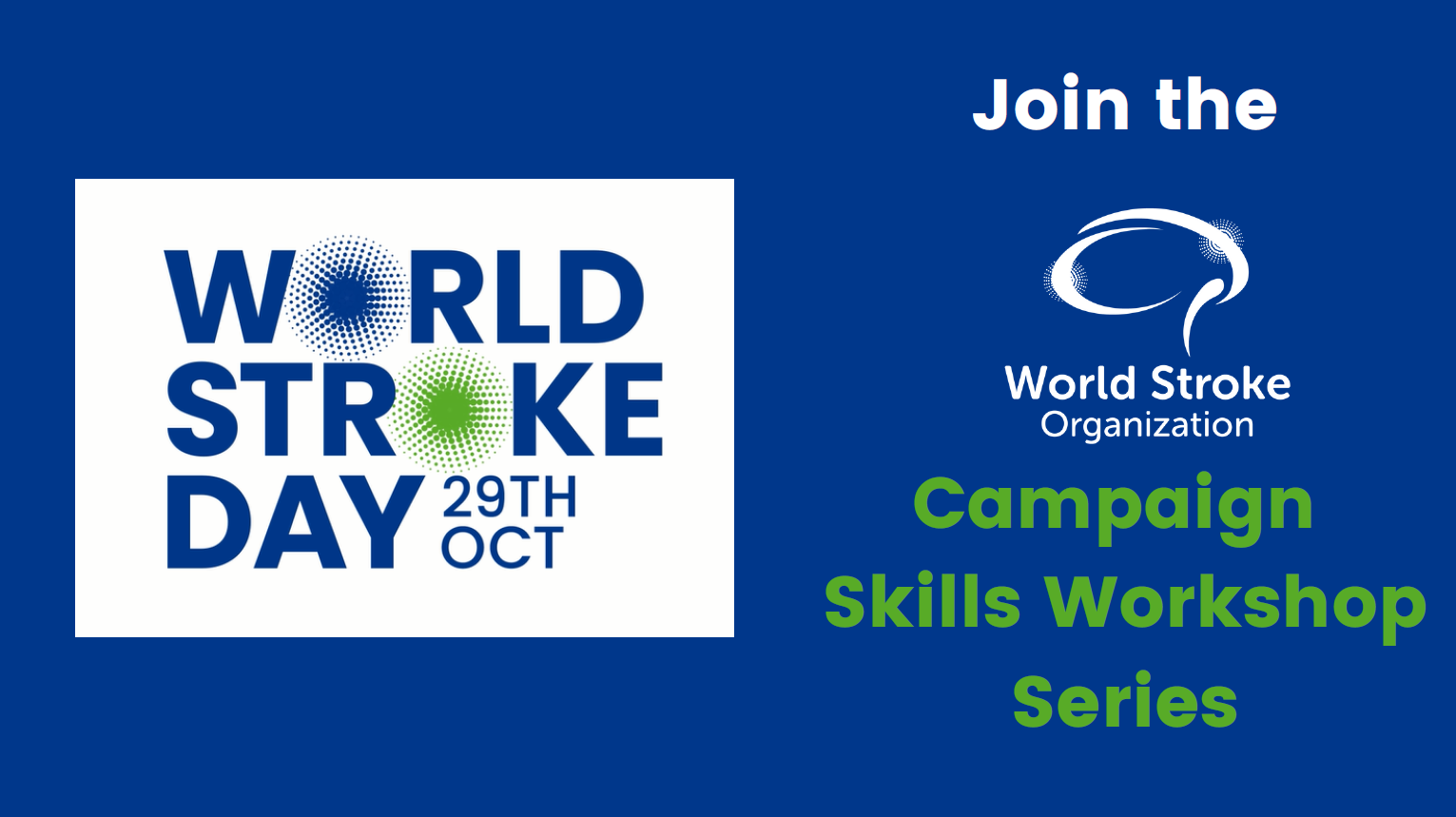
Sep 21, 2021
The World Stroke Organisation is running a series of free workshops for anyone interested in getting their campaign plans in better shape, or working on specific communication skills.
Developed with input from non-communicable disease, and stroke advocacy and awareness campaign leaders, participants will be able to explore scenarios, engage with a case study and think about how to develop awareness and advocacy campaign strategies and employ tactics that can help deliver local change.
23 September – 3pm CEST
What needs to change? Using local data to identify needs and campaign for change in stroke prevention, treatment and support.
30 September – 3pm CEST
Community connection Engaging communities and amplifying patient voice in awareness and advocacy campaigns.
7 October – 3pm CEST
Where the magic happens Adapting global campaign strategies and choosing communication tactics to increase awareness and engagement.
For more details and registration here
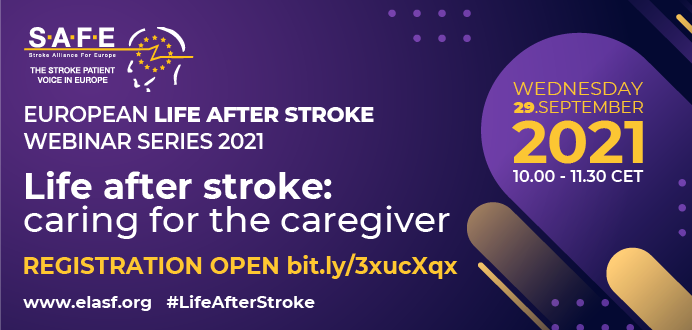
Sep 5, 2021
Register NOW for FREE for the Life after stroke: caring for the caregiver webinar: bit.ly/3xucXqx
At this meeting we will address some of the challenging aspects posed to informal carers and the impact that caring for a stroke survivor might have on their lives. It will also cover predictors of wellbeing and resilience in carers and good practice examples of carer support and how to implement them.
Find out more about this event here: www.eslaf.org
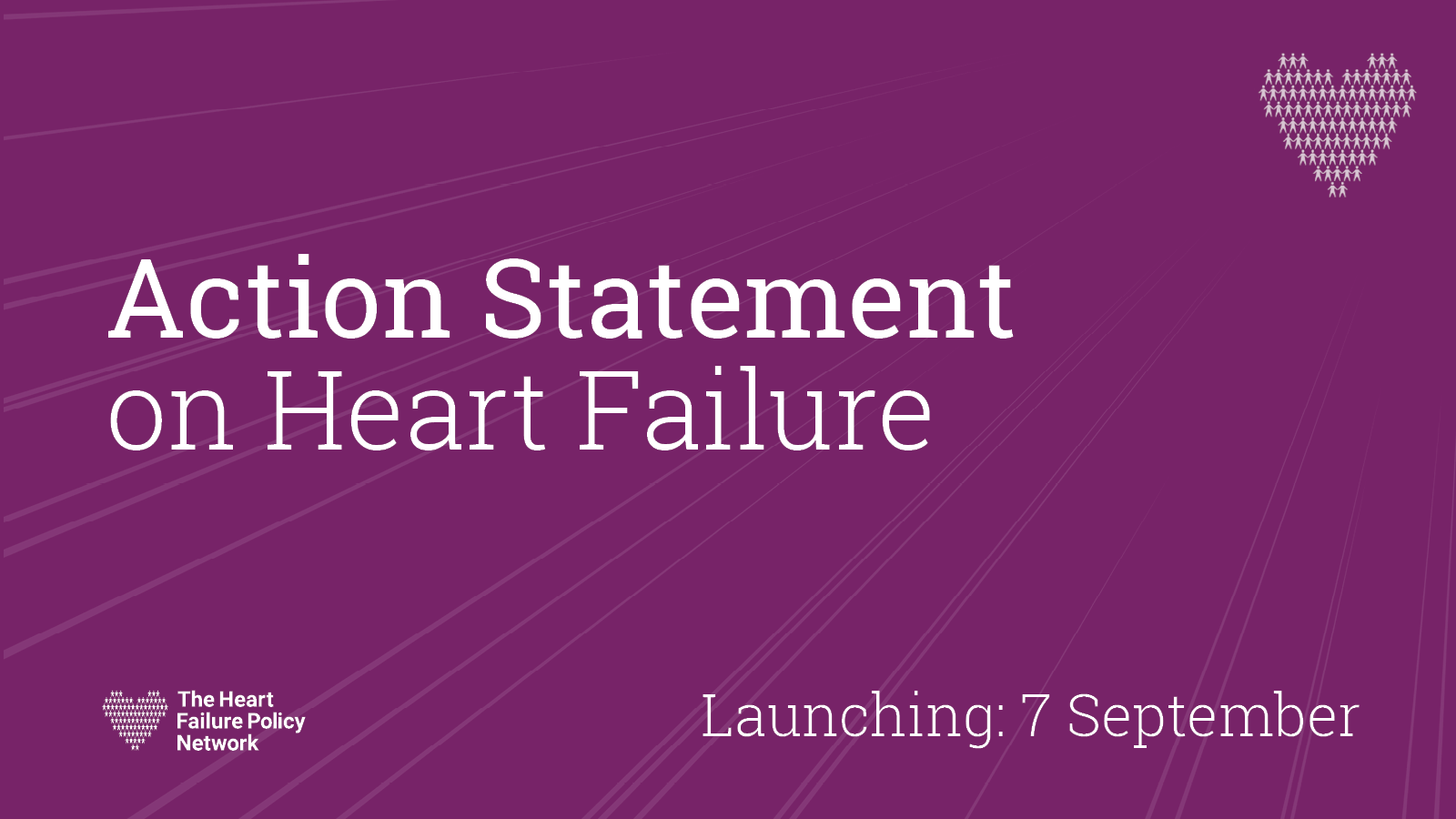
Sep 5, 2021
The Action Statement on Heart Failure launched on 7 September 2021 outlines policy recommendations and urges the EU to recognise heart failure as a health priority.
The statement supports growing calls for the development of an EU Action Plan on Cardiovascular Disease, similar to Europe’s Beating Cancer Plan. Click here to find out more.




